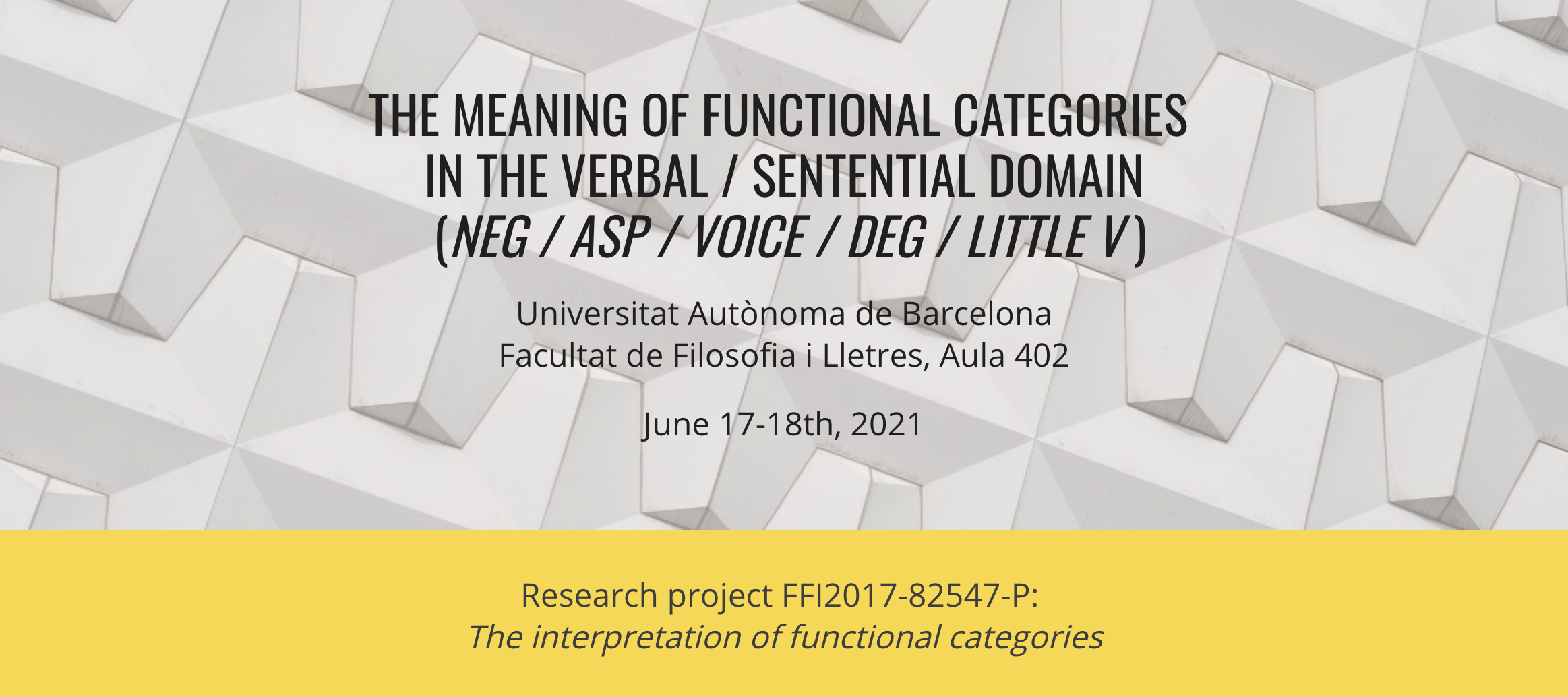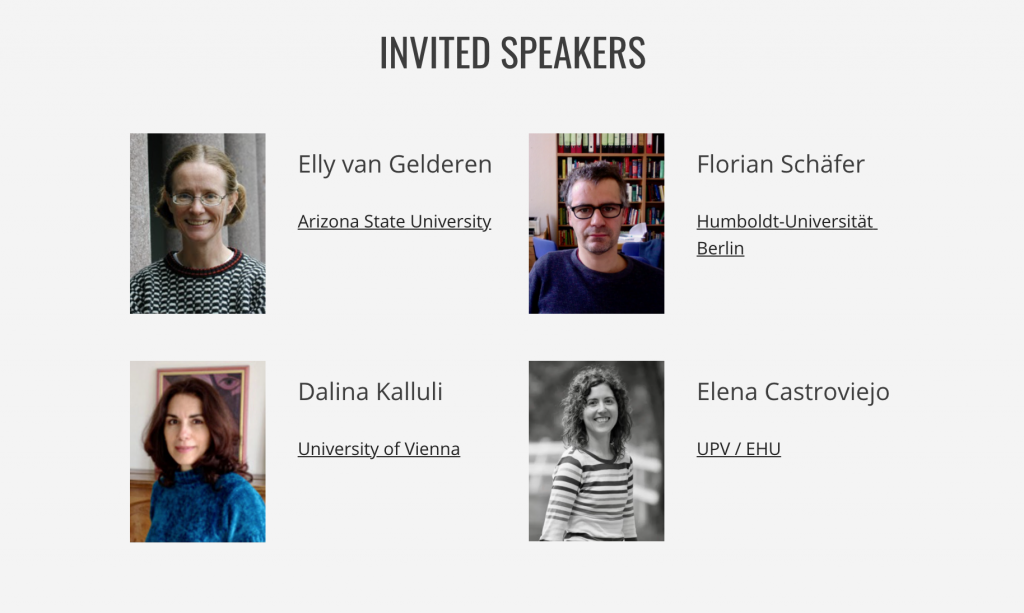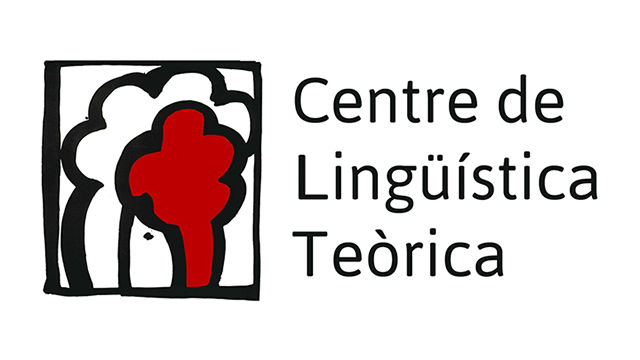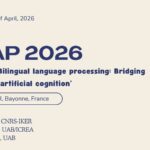
The Meaning of Functional Categories in the Verbal / Sentential Domain
The Meaning of Functional Categories in the Verbal / Sentential Domain (Neg / Asp / Voice / Deg / Little v)
June 17-18th, 2021
Aula 402
Facultat de Filosofia i Lletres
UAB
June 17th
14:00 – 15:00 Elena Castroviejo (EHU) & Berit Gehrke (Humboldt University Berlin)
Evaluativity, intensification and positive polarity. What’s Deg got to do with them? (Presentation)
15:00 – 15:40 Teodora Mihoc (visiting scholar, UAB)
Polarity sensitivity across domains
15:40 – 16:00 Break
16:00 – 16:40 Xavier Villalba (UAB)
Aspect and Modality in infinitive relatives (Presentation)
16:40 – 17:20 Olga Borik (UNED)
Participles and nominalizations: structural differences and similarities
17:20 – 18:20 Elly van Gelderen (U. of Arizona)
The Diachrony of little v and Voice, from semantic to syntactic voice (Presentation)
June 18th
14:00 – 15:00 Florian Schäfer (Humboldt University Berlin)
Transitive anticausatives
15:00 – 15:20 Sonia Cyrino (U. of Campinas)
Brazilian Portuguese full pronouns in object position and the vP phase (Presentation)
15:20 – 16:20 Dalina Kallulli (U. of Vienna)
Reflexive and reflexive-like verbalizers (Handout / Slides)
16:20 – 16:40 Break
16:40 – 17:00 Eduardo Carrera (UAB)
On the syntax of question tags: some observations from NEG-raising and polarity licensing
17:00 – 17:40 Eloi Puig-Mayenco (King’s College London) & Susagna Tubau (UAB)
An empirical investigation on the interpretation of isolated argumental negative quantifiers (Presentation)
17:40 – 18:20 Evripidis Tsiakmakis (UAB)
On the non-expletiveness of Greek “expletive” negation
18:20 – 19:00 M.Teresa Espinal (UAB), Urtzi Etxeberria (CNRS-IKER) & Susagna Tubau (UAB)
Polarity, Negative Polarity and Negative Concord (Presentation)

Our present research project investigates the meaning associated to certain functional categories and, at the same time, we try to achieve a better understanding of how speakers compose the meaning of complex linguistic expressions where certain functional categories participate. Our initial hypothesis is that functional categories have semantic import in two different ways: either (i) they encode an inherent semantic content, or (ii) they introduce a formal semantic operation. We have been testing this hypothesis on a range of functional categories across three syntactic domains: the nominal domain (Det / Num), the verbal/sentential domain (Neg / Asp / Voice / Deg / little v), and the peripheral domain (Foc / Top / Force / Voc).
We are not only interested in the exact semantic contribution of each functional head, but also in the interaction between each other (e.g., Neg and Deg in exclamative sentences; Voc and Force in imperative clauses; Det and Top in nominal expressions in sentence-initial position; Asp and Voice in passive sentences; among others). We study the way these functional categories are encoded cross-linguistically, and their implications for different modules of the theory of grammar by exploring various linguistic phenomena whose meaning depends on the semantic import codified in specific functional projections.
We aim at addressing the following main questions: (i) do all functional categories contribute in a similar way to the meaning of the sentence?; should we identify differences across categories and across languages?; (ii) how do their meanings interact within and across domains?; (iii) can we think of functional categories as encoding instructions at the LF and PF interfaces?; (iv) can all these functional projections be semantically expletive?, what are the repercussions of potential expletiveness across some functional categories for a general theory of grammar?
Within this context the present workshop will focus on current investigations on The meaning of functional categories in the verbal / sentential domain.




